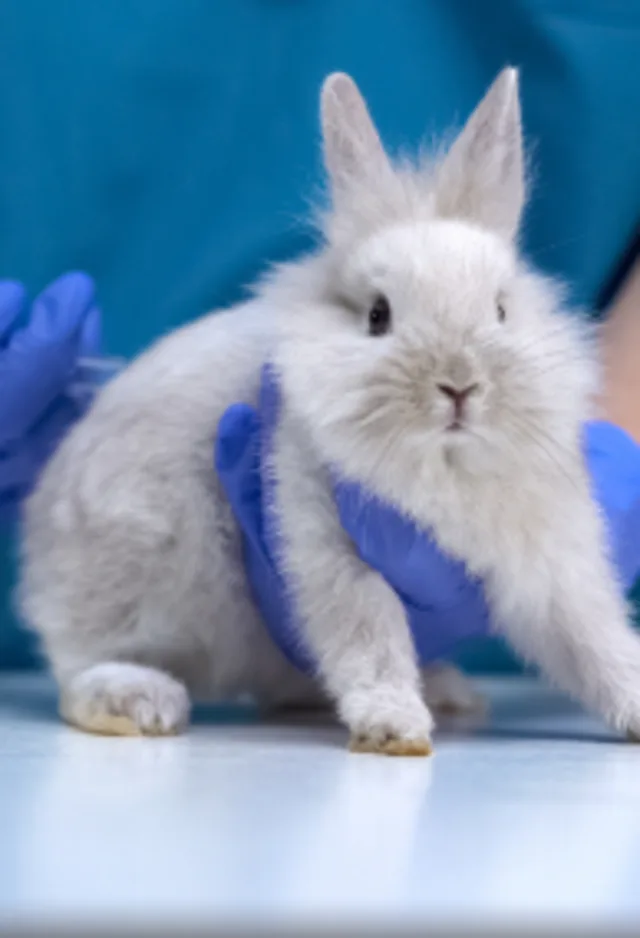Mentor Animal Hospital




From the Veterinarians at Mentor Animal Hospital
Please browse our website to learn more about our animal clinic and the veterinary services we provide for companion animals in Mentor and the surrounding areas. Read information in our services, take a virtual tour of our veterinary hospital, read testimonials, and find details about upcoming events. Please call our office today at (440) 257-4646 for all your pet health care needs or click here to contact us or to set up an appointment.
Client Reviews & Testimonials
We value feedback from our clients. Here is just a small sample of the hundreds of happy and healthy pets that we have cared for.





